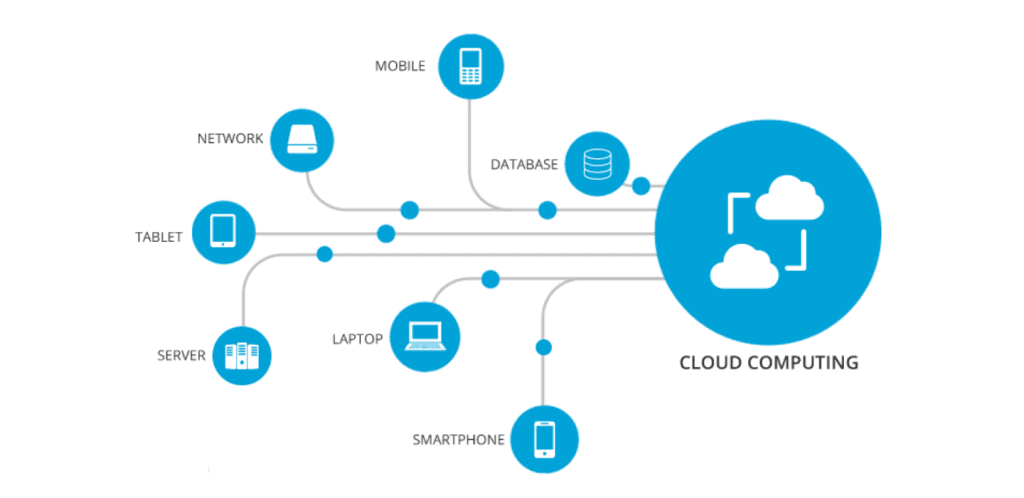Top 7 Cloud Skills You Must Learn in 2025 to Get Hired
Kickstart Your Cloud Career with the Most In-Demand Skills of the Year
Cloud computing is no longer a trend—it’s the backbone of modern technology. With companies shifting their infrastructure, data, and operations to the cloud, the demand for skilled professionals has skyrocketed. If you’re planning to launch your cloud career in 2025, learning the right skills is non-negotiable.
Here are the Top 7 Cloud Skills you need to learn this year to become job-ready and stand out in the hiring game.
1. 🚀 Cloud Service Providers: AWS, Azure, & GCP

Every aspiring cloud professional must master at least one major cloud platform. The three market leaders are:
- Amazon Web Services (AWS) – The most widely used cloud platform globally
- Microsoft Azure – Popular among enterprises and Microsoft-centric companies
- Google Cloud Platform (GCP) – Gaining traction for AI and data workloads
2. ⚙️ DevOps Tools & CI/CD Pipelines
DevOps and Cloud go hand in hand. Learning tools like:
- Docker (for containerization)
- Kubernetes (for orchestration)
- Jenkins/GitHub Actions (for automation)
- Terraform (for Infrastructure as Code)
…can significantly increase your chances of getting hired.
Cloud companies want engineers who can deploy and scale applications efficiently.
Keywords: DevOps for cloud engineers, CI/CD in cloud, cloud automation tools
3. 🧠 Cloud Security & Identity Management
With increasing cyberattacks, cloud security is one of the most valuable and high-paying skills in 2025.
Learn concepts like:
- IAM (Identity and Access Management)
- Data encryption & security groups
- Firewalls, VPNs, and compliance protocols (GDPR, HIPAA)
4. 🧮 Networking Fundamentals
You don’t have to be a networking expert, but a cloud engineer must understand basic networking such as:
VPCs (Virtual Private Cloud)
- Subnets & Routing
- DNS & Load Balancing
- VPN and private connections (Direct Connect, ExpressRoute)
Without this knowledge, you’ll struggle to configure services in any cloud environment.
Keywords: cloud networking skills, VPC in AWS, subnetting for cloud
5. 📊 Monitoring, Logging & Cloud Tools
Companies need cloud professionals who can monitor applications, track usage, and troubleshoot issues. Learn tools like:
- CloudWatch (AWS), Azure Monitor, or Google Operations
- Prometheus + Grafana
ELK Stack (Elasticsearch, Logstash, Kibana)
Monitoring is critical for cost optimization and performance tuning—two areas hiring managers deeply care about.
Keywords: cloud monitoring tools, logging in AWS, ELK stack cloud use
6. 📂 Storage & Database Management
Cloud storage isn’t just about uploading files. You must understand:
- Object Storage (like Amazon S3)
- Block & File Storage
- Managed Databases (RDS, Cloud SQL, DynamoDB, Cosmos DB)
Data Backup & Lifecycle Policies
In 2025, data is gold, and knowing how to store, retrieve, and secure it in the cloud is a must-have skill.
Keywords: S3 vs EBS, cloud databases 2025, RDS tutorial
7. 💡 Problem-Solving & Real-World Architecture
Employers look for people who can think beyond tools. You should be able to:
- Design scalable, secure, and cost-effective architectures
- Choose the right services based on project needs
- Debug and troubleshoot real-time failures
Understand multi-cloud or hybrid-cloud architectures
This comes with practice, hands-on labs, and solving real-world case studies.
Keywords: cloud solution architecture, AWS project ideas, cloud interview prep
🎯 Final Thoughts: Upskill for the Cloud Job Market of 2025
The cloud industry is evolving rapidly, and so are job expectations. Companies are no longer hiring “certificate holders”—they’re hiring job-ready professionals who understand tools, platforms, and real-world problem-solving.


